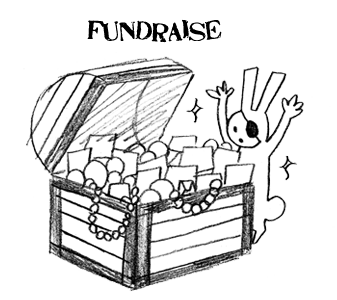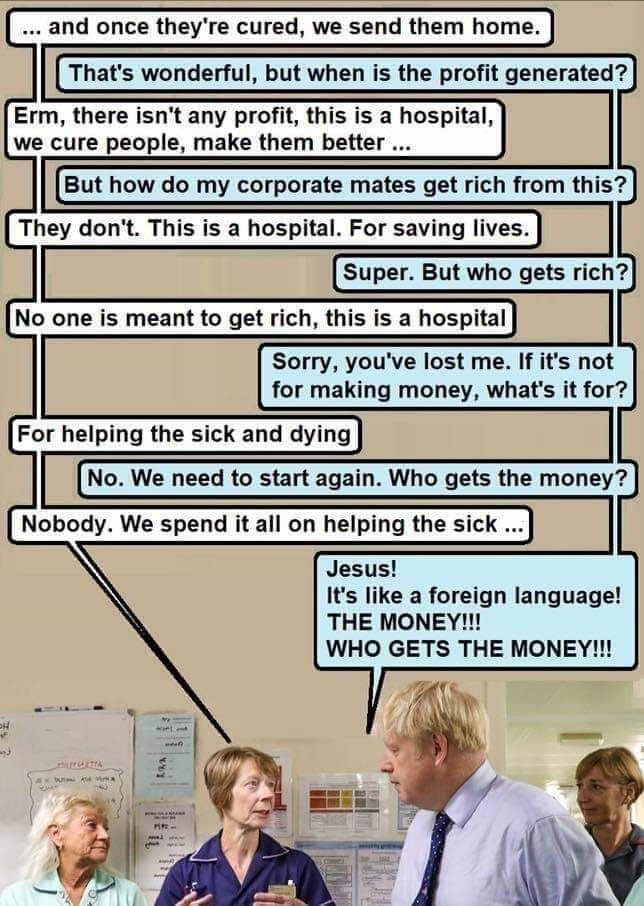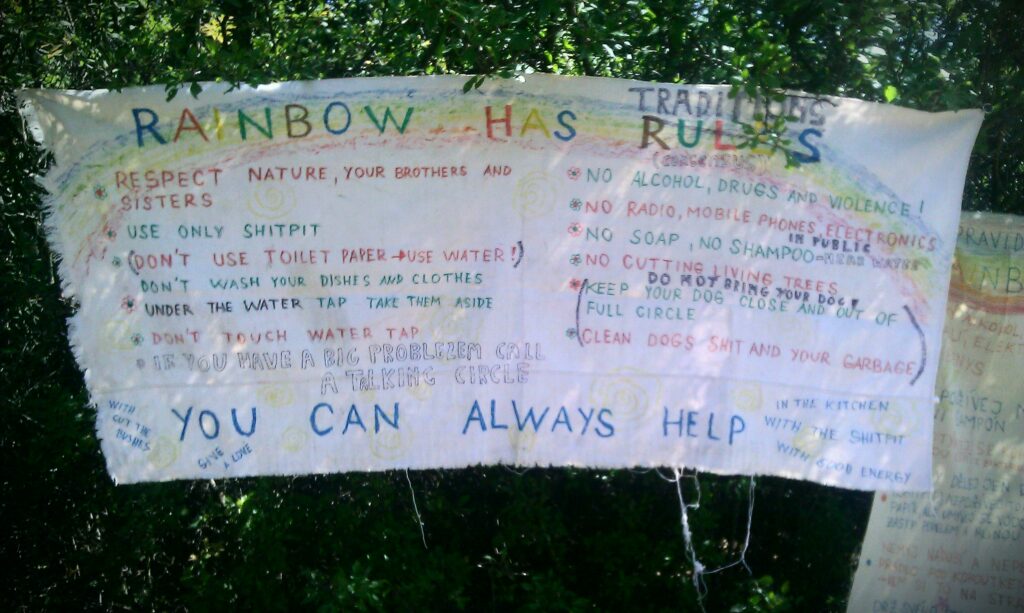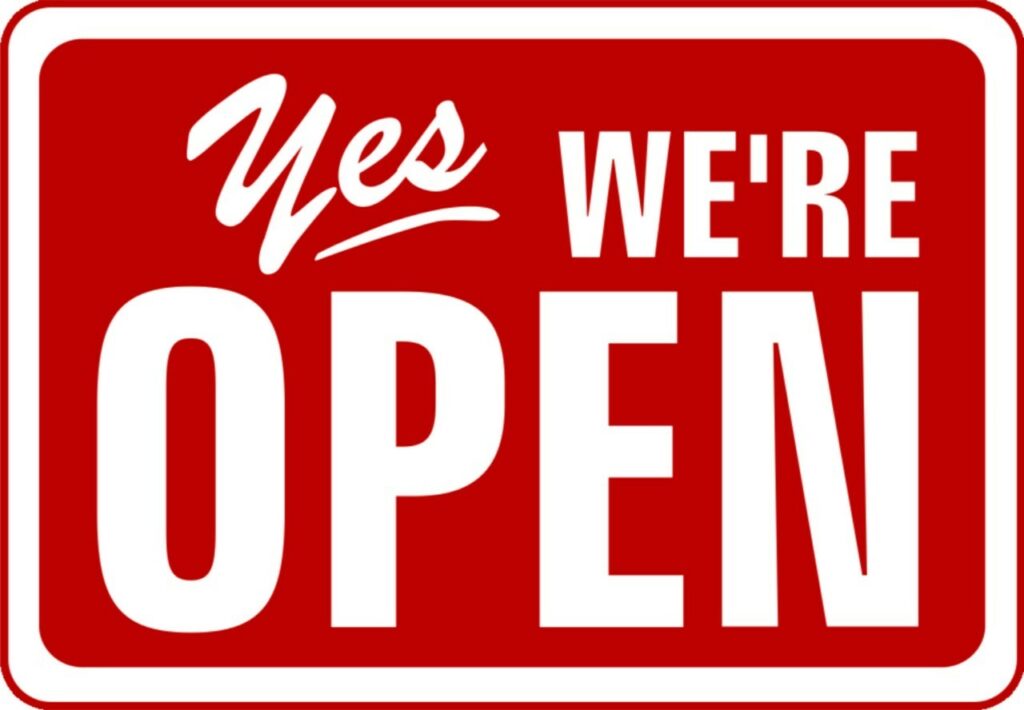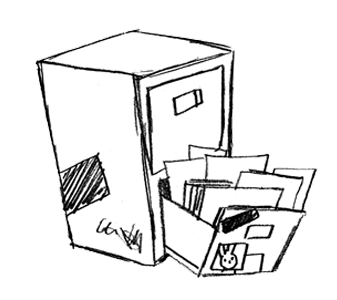
This post is from being a part of this Oxford reading group. Feedback on William Morris, his life and books, which doesn’t only critique capitalism and dream about its collapse, but also offers a compelling vision of what comes after. Imagines a society without money, coercion, or hierarchical governance. Power is radically distributed, labour is voluntary and meaningful, and the commons is at the centre of life. It’s not a managerial future, it’s an organic one, shaped by lived values. This mirrors the path of the #OMN, building tools, processes, and networks that support autonomy and participation, not through top-down control or commercial funding, but through collective action and care.
With a little bit of historical context, it is clear why William Morris prods his critics, he anticipates the scepticism from theoretically thinkers, especially those following in the tradition of Marx and Engels. In one exchange, Morris inserts a moment of humour to push back against armchair critics. The narrator, William Guest, is exploring a utopian future guided by Dick, a cheerful and capable local. They encounter Bob, a character marked by his outdated bookishness and preference for abstract theory over lived experience. When Guest accidentally slips up, forgetting he’s meant to be posing as someone from overseas rather than from the past, Bob calls him out. Dick steps in with a scathing but playful remark:
“The fact is, I begin to think that you have so muddled your head with mathematics, and with grubbing into those idiotic books about political economy (he he!), that you scarcely know how to behave. Really, it is about time for you to take some open-air work, so that you may clear away the cobwebs from your brain.”
The laughter after “political economy” is key. Morris isn’t just poking fun, he’s positioning his vision as something deliberately different. Rather than being a blueprint built from existing leftist theory, his utopia grows out of lived practice and collective labour. He acknowledges the critiques Marxist thinkers might level, but counters with a subtle provocation: leave the theory room and go outside. Work with your hands. Test your ideas in the open air.
Theory is not dismissed outright, but it is secondary to active participation in community life. Morris invites readers to imagine a world shaped not only by critique, but by doing. His utopia isn’t a perfect extrapolation from Marxist doctrine; it’s an imaginative leap into what might happen when people stop only theorising and start building together.
This is core to the #OMN story, the #openweb failed in part because it became a playground for commercial, #geekproblem abstraction or academic debates, or worse, captured by institutions that fear mess and openness. Morris reminds us that we need doing, not just thinking – and that horizontal systems only thrive when they’re lived and felt, not just diagrammed.
This is a vision without dogma, unlike the rigid structures of Marxist utopia or the technocratic dreams of platform capitalism, Morris offers a soft, slow, human-scale path. It’s full of contradiction, it’s messy, and it values beauty, leisure, and craft. It’s grounded in love for place, people, and cooperative labour.
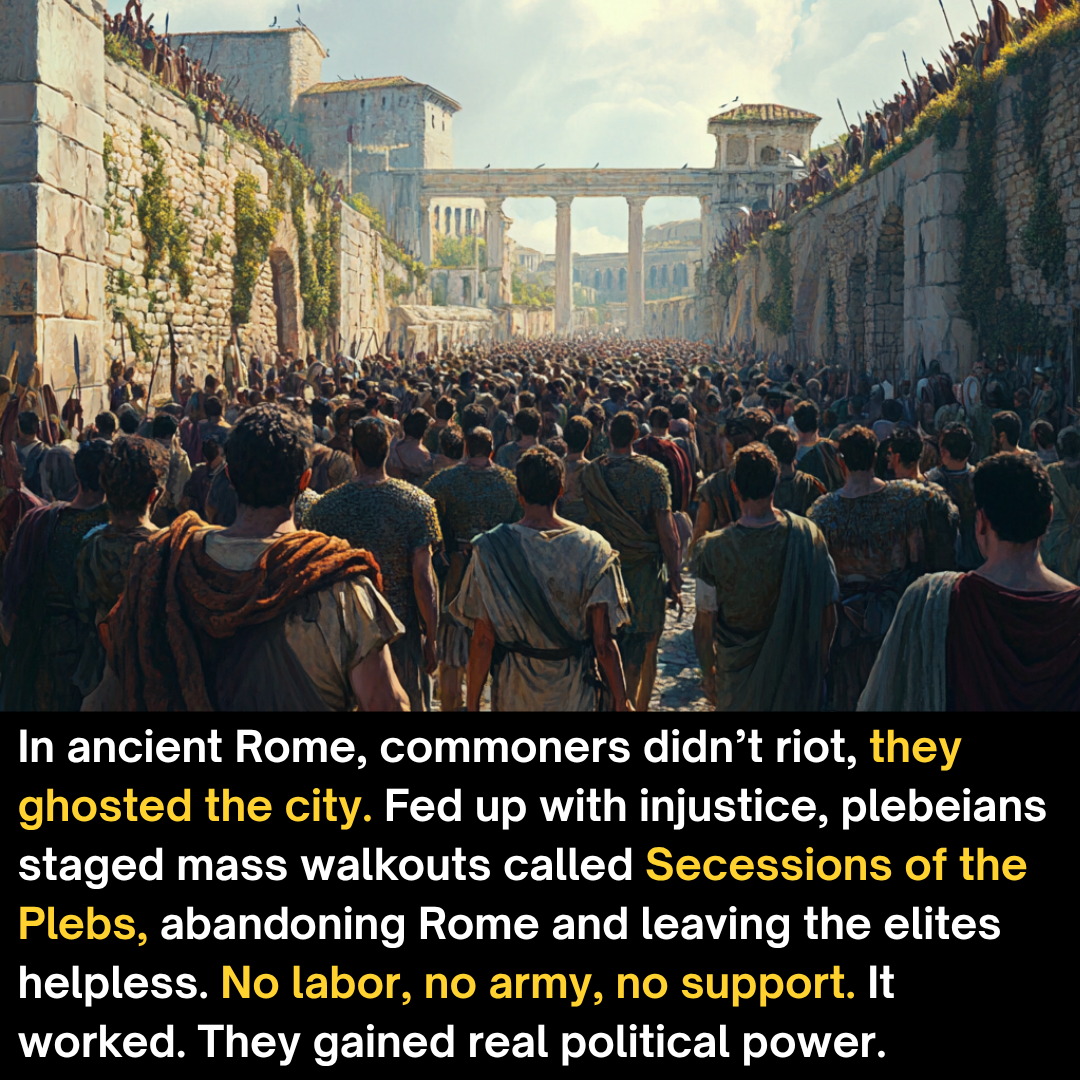
Horizontal organising as culture, not system, governance happens through conversation, relationships, and shared values. There are no formal elections or bureaucracies. Everything operates on trust, accountability, and mutual care, built over time, not imposed from above. This is a needed lesson for grassroots organising.
The #OMN doesn’t need polished governance frameworks before people act. It needs lived participation, native cultures of trust, and tools that reflect those values. Morris shows that horizontal organising isn’t a tech stack or a voting app, it’s a culture. Projects like the #OGB are about reclaiming this messiness. The idea is not to replace one form of control with another (just more “open”), but to nurture space where real community publishing, trust, and difference can coexist. Like Morris’s vision, it’s a lived, imperfect commons, not a polished platform.
What people in the #OMN path can learn is that utopia is not a blueprint, it’s a compass. Use it to orient, not to dictate. Theory must be grounded in doing. Don’t build systems people can’t live in. Trust is built in the day-to-day and governance starts in how we relate to each other. Beauty, leisure, and joy matter, alternative systems fail when they forget to be human.
News from Nowhere is not a fantasy novel, It’s better to see it as an early manual for how to feel our way into better futures, this path aligns with the #OMN mission of rebuilding media and communication from the ground up, with openness, care, and community at its core.
https://opencollective.com/open-media-network
